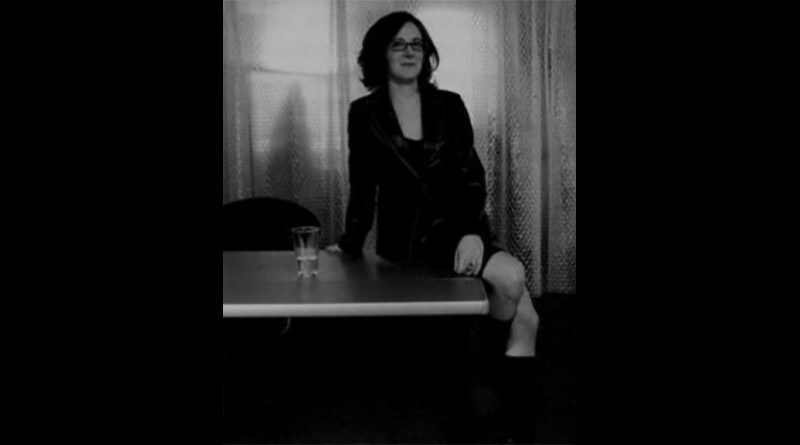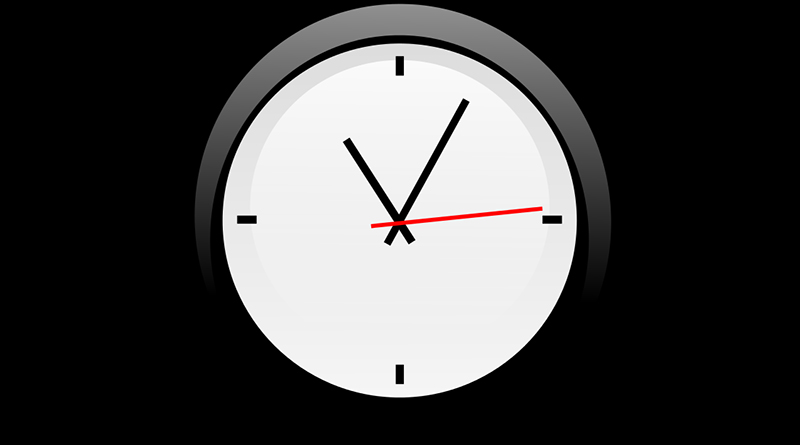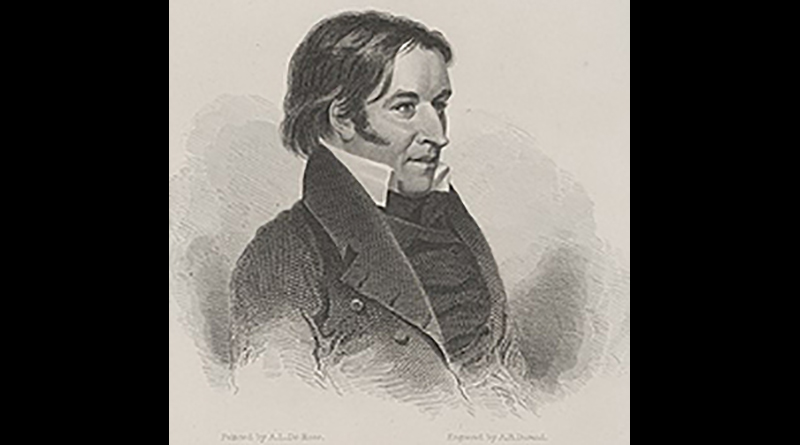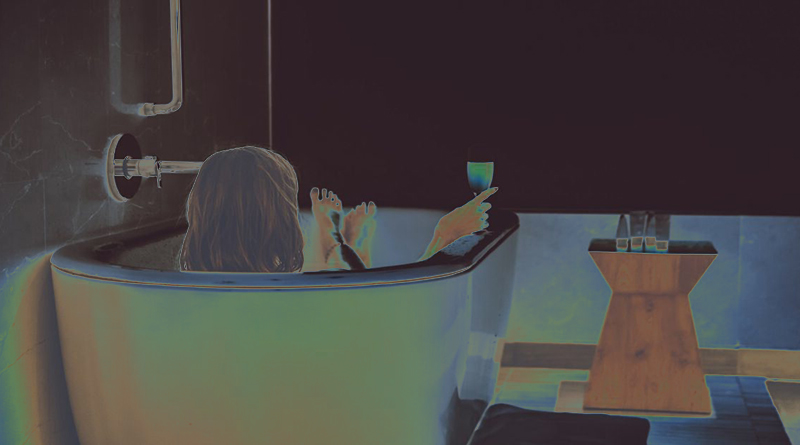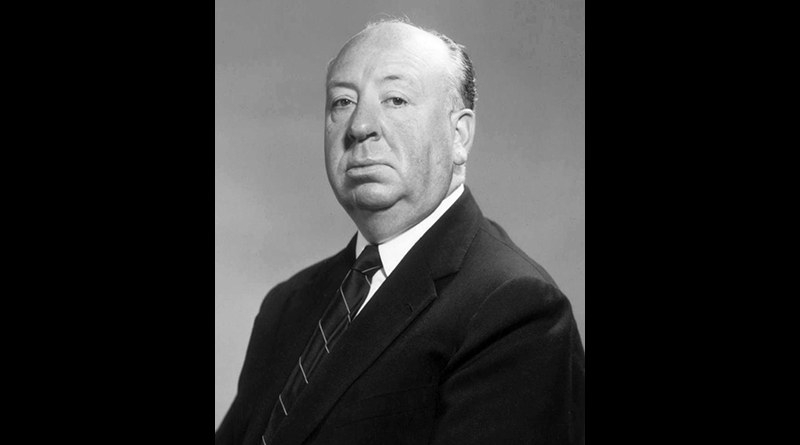I started a book about aggressive dressing, which I think is a little bit different than power dressing. This is dressing to intimidate, to get what you want. It’s feminism but in a different vein. I conceived of the idea of kind of making this book like a military manual, so I called it The F-100. It took situations and then gave you ideas for appropriate dress for each, based upon the premise that you’re trying to gain an edge over the situation, an opponent, or simply another person. What to wear to an interview, a presentation, a first date, a second date, a third date, that kind of thing. At the end of it, I had a list of basically like weapons of mass destruction for fashion — it was things like turtlenecks, baseball caps, any shoes that you can hear, that flop: bad. I can list them forever.
Here’re the things that connote power. An open neckline, not being afraid to expose your throat because you are so powerful and it doesn’t matter. For a lot of women, that really elongates them. To have pieces that are unfinished, and undone, and odd, I think that’s what gives you confidence. I think that’s what makes dressing a pleasure instead of, you know, How am I gonna dress today to hide the fact that I have ten extra pounds? Well, that sucks, that sucks for anybody, you know?
One of the things that has distressed me is that I feel that women more and more are being used as advertisements. This huge push, or fad, or trend, or cycle that we’re going through where there’s an extreme makeover. Like, you were okay before, but now that you have the right jeans and you’ve put on some mascara, you look so much better and your life is gonna be changed. There’s numerous television shows packaged for the female contingent that are all about bringing women up to an acceptable level of consumption. Right? About making you conform to this certain level of beauty, whereas I was thinking that clothing is expression. It’s not about making sure that someone knows that you have a Gucci bag.
I’m not a billboard. I don’t wanna be a billboard. When I was a kid, my mom never bought me Izods or Gloria Vanderbilt jeans, or any of the things that I wanted. It used to piss me off. I couldn’t understand it. And her point was if you’re gonna wear somebody else’s logo, they need to pay you. You don’t need to pay them. And that really resonated with me. We were not allowed to watch Charlie’s Angels, we were not allowed to watch beauty pageants, we were not allowed to wear clothing with status items or icons on it. I think at the time that was all just crappy, but looking back on it, boy, that informed a lot of who I am, how I look at other women, and how I look at myself, how I judge, and the value I place on the things that I buy. So, very seminal.
My clothes are a tool. So, for instance, this dress, it’s called my Yes Dress because when I am asking someone for something and I want good results, I wear the Yes Dress. It’s this really interesting combination of a strong color, the reds, so I get to wear red shoes, but it’s also nude. It’s like being nude with a tattoo. Every morning I get up and I look at my calendar and I see what I’ve got to do, and that’s how I pick my clothing. It’s like, who do I have to talk to, what do I have to accomplish, what do I have to wear to accomplish that?
It’s a shame that there aren’t more self-proclaimed fashionable feminists out there. I think people, not just women, let other people define what that means to them. Right? They think that it means Gloria Steinem. They think it means bra burning and women with really short haircuts and no sense of humor who are all holding up signs for abortion rights. And, you know, to me, what it means is being able to be an equitable, respected part of society. It means being able to command the same amount of pay for the same work, big time. It means trying to fit in a family with having an economic impact in your life and in other people’s lives. That’s something that I think has been difficult as a small business owner to do.
But I think power to me is being able to persuade, cajole, or force other people to do things that they normally would not do. And I also think that is power enacted upon others. Feeling powerful within yourself, I think, probably my definition of that is a little bit more liquid, it’s not as rigid. Maybe four years ago, or even maybe two years ago, I would have said it means being independent, it means being able to support yourself, and it means being able to do whatever the hell you wanna do. But now, I think sometimes powerful people are the ones who can be soft, and I haven’t necessarily learned that.
— Megan Jones, in Trappings: Stories of Women, Power and Clothing by Tiffany Ludwig and Renee Piechocki

